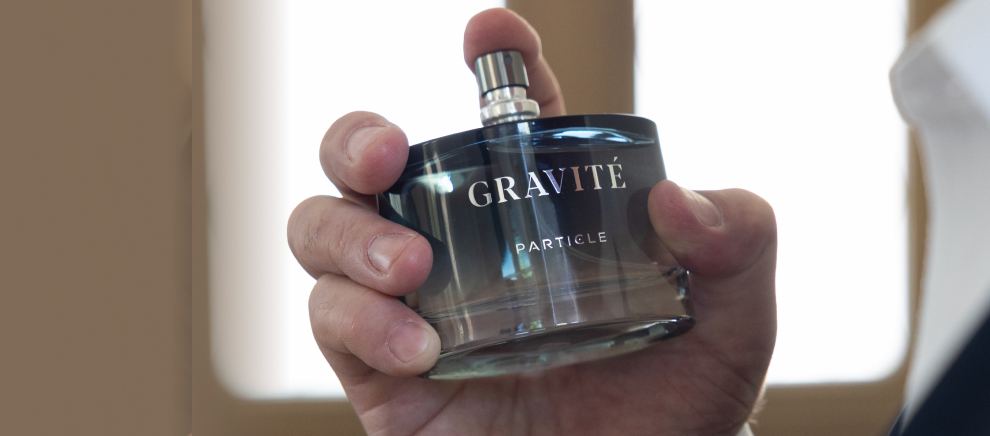Magazine
What Ingredients in Shampoo Cause Hair Loss?

One of the most stressful things about aging as a man is losing hair more and more every day. Probably the worst thing about it is that, without even knowing, you may be the cause of your own hair loss.
Particle specializes in skin and hair care for men. In addition to providing you with premium products, we are also committed to educating you on both subjects.
Today, we will be discussing ingredients commonly found in shampoo that can contribute to hair loss.
Sodium Lauryl Sulfate and Laureth Sulfate
Sodium lauryl sulfate and laureth sulfates are both surfactants found in several hair care products. Surfactants are long molecules that can strip the surface of your hair too often, harming its overall health.
Sodium lauryl sulfate and laureth sulfates are typically used in shampoos as foaming agents. While it can be satisfying to see your hair lather as you scrub, these chemicals have the potential to do more harm than good.
While safe to use in moderation and effective for cleaning when used in small amounts, the product may strip your hair of necessary proteins and oils. Since hair is almost entirely made out of protein, studies have proven that it can result in split ends and breakage when stripped by sulfate solutions.
Sodium Chloride
Sodium chloride is another product often used to thicken your shampoo. Sodium chloride is technically a salt and so, when used in high concentration, causes the scalp to become dry and itchy.
While sodium chloride does not directly cause hair loss, these effects can lead to it.
Parabens
Parabens are artificial chemicals used in hair products like shampoo and conditioner. Preservatives like parabens are what prevent shampoos from expiring before a year or two pass.
Nevertheless, parabens are believed to disrupt hormone function that can indirectly cause the loss of hair. Parabens have been found to trigger allergic contact dermatitis, which can cause your scalp to itch, irritate, and flake. All of these factors can lead to hair loss.
Propylene Glycol
Propylene glycol is another thickening agent commonly found in shampoos. As previously explained, these agents tend to strip your hair of moisture, leaving it broken and brittle.
Alcohol
Most hair products contain some amount of alcohol. Alcohol in your shampoo is not necessarily a cause for concern. What matters is the type of alcohol found in your product of choice.
For instance, alcohols like propanol can dry out your hair, while fatty alcohols like cetyl alcohol soften the hair and help it to retain moisture.
Diethanolamine and Triethanolamine
Diethanolamine and triethanolamine are synthetic ingredients found in shampoos meant to function as emulsifiers that encourage the suspension of one liquid in another.
More specifically, diethanolamine and triethanolamine lower the surface tension between oil-soluble ingredients and water-soluble ingredients found in your shampoo so that they blend more seamlessly.
Unfortunately, these ingredients can damage your hair’s keratin and have the potential to irritate your scalp.
Chemical Fragrances
While many shampoos contain natural fragrances, it is important to be wary of chemical ones. Synthetic fragrances can strip the natural oils from your hair, leading to tangling, frizz, dryness, and greasiness.
Remember, natural is always better.
Selecting The Right Shampoo For You
One of the best ways to determine which shampoo is safe and beneficial for your hair is to base it on your hair type. A man’s hair type is genetically determined by the shape of your hair follicles. It is believed that there are four different hair types:
- Straight
- Wavy
- Curly
- Coily
Determining your exact type is also based on how loose or tight your strands of hair are. It is important to recognize and note these distinctions because extremely curly hair functions differently than slightly curly hair.
Identifying your hair type will allow you to identify its natural tendencies and necessities. This will help to narrow down your search for the perfect shampoo. For example, if your hair is straight, there is a higher chance that it tends to be oily. Therefore, you should avoid shampoos containing excess amounts of oil.
You should also base your shampoo selection on the quality of your hair. After determining your hair type, determine your hair’s health, or lack thereof. Identifying any signs of damage is necessary for knowing what issues your hair products will need to address.
Your hair’s health relies heavily upon your inner hair cuticles from dead skin cells responsible for protecting your hair. These dead cells overlap and create protective scales for the hair shaft. When the scales become damaged, they can begin to fall apart, resulting in a loss of protection and an increased opportunity for harm to your hair.
Harm to your hair can come from several causes, including unprotected exposure to the sun and harsh chemicals found in hair dye. Some of the most common signs of hair damage are dryness, split ends, breakage, frizz, decrease in volume, and hair loss.
Once you have identified the aspects of your hair requiring improvement, you can select your shampoo accordingly. For instance, if your hair is dry, you can opt for a shampoo that promotes hydration.
Beneficial Ingredients in Shampoo
While there are many ingredients to be wary of when selecting the best shampoo for your hair, there are also a lot of beneficial ingredients that you can specifically search for. Keeping these ingredients in mind may also assist with narrowing down your search for the right shampoo for you.
Here are some of the healthiest and most useful:
- Capixyl: Capixyl is a peptide used to treat hair loss and invigorate hair growth.
- Redensyl: Redensyl reactivates hair follicle stem cells and stimulates the growth of thicker hair.
- Ginseng: Ginseng contains antioxidants that reduce inflammation and increase blood circulation.
- Biotin: Biotin is an essential nutrient that improves your hair’s overall health.
- Green Tea Extract: Green tea extract supports healthy hair growth and regrowth.
Exemplary Shampoo
In case you are searching for an example of a safe and effective hair shampoo that is sure not to contribute to hair loss, look no further than the Particle Hair Shampoo. In fact, this shampoo is designed to do the exact opposite.
Particle hair shampoo strengthens and stimulates hair growth. Using powerful ingredients like capixyl, biotin, and green tea extract, this shampoo improves the health of your hair and roots and increases circulation in the scalp.
Particle hair shampoo guarantees you a strong head of hair. It is formulated to increase hair thickness and volume, toughen hair follicles, protect your scalp, and strengthen roots. In addition to containing healthy ingredients, the shampoo is free of SLS, salt, and parabens. Perhaps the best news is that it fits all hair types.
While available for everyone, Particle’s Shampoo is especially good for those suffering from slightly thinning hair to advanced hair loss. Its use of ingredients like capixyl and redensyl is meant to stimulate hair growth.
The shampoo can be used one to two times a day and applied just as you apply any other shampoo you have used in the past.
For direct feedback from other customers, you can read through reviews here.
Additional Tips For Preventing Hair Loss
Here are a couple of additional recommendations for preventing hair loss.
Detangling Tips
Detangling your hair safely can provide your hair with a variety of positive benefits, while doing so incorrectly can lead to breakage, which leads to hair loss.
When brushing your hair, be sure to do so gently. This can help to stimulate your scalp and increase the transport of nutrients to your hair follicles. Additionally, this can strengthen your hair by spreading sebum along the shaft.
Instead of detangling your hair when it is dry, only brush while you are in the shower. Since hair is more elastic when wet, try combing through it while conditioning to reduce the chances of tugging.
You may also want to try a wide-tooth comb. The teeth on wide-tooth combs are spaced out more than on other combs, which decreases your chances of getting detangling-induced split ends when used on wet hair.
Drying Tips
After a shower or a dip in the pool, avoid using a towel to dry your hair. Regular towels tend to cause friction when used to pat down wet hair. Instead of this, try a microfiber towel instead.
Microfiber towels contain tiny fibers that will not snag your hair strands. Additionally, they are known to absorb water better than a traditional towel.
Another towel alternative is a T-shirt. Using a soft, old T-shirt to dry your hair after a wash can keep it safe from tears.
Conclusion
While we often attribute hair loss to age, the cause may actually be the ingredients in your shampoo or other minor mistakes made while treating your hair.
If you find that this is an issue for you, we encourage you to make some changes that will improve your hair care.
First and foremost, get to know your hair better. Identify your hair’s type and needs. This will guide you as you select the right shampoo for you.
Then, when choosing your shampoo, remember to avoid certain ingredients and look out for others. Your hair is only going to look as good as you treat it.
Sources:
Hair protein removal by sodium dodecyl sulfate | PubMed
Healthy hair: what is it? | PubMed
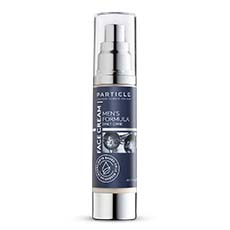
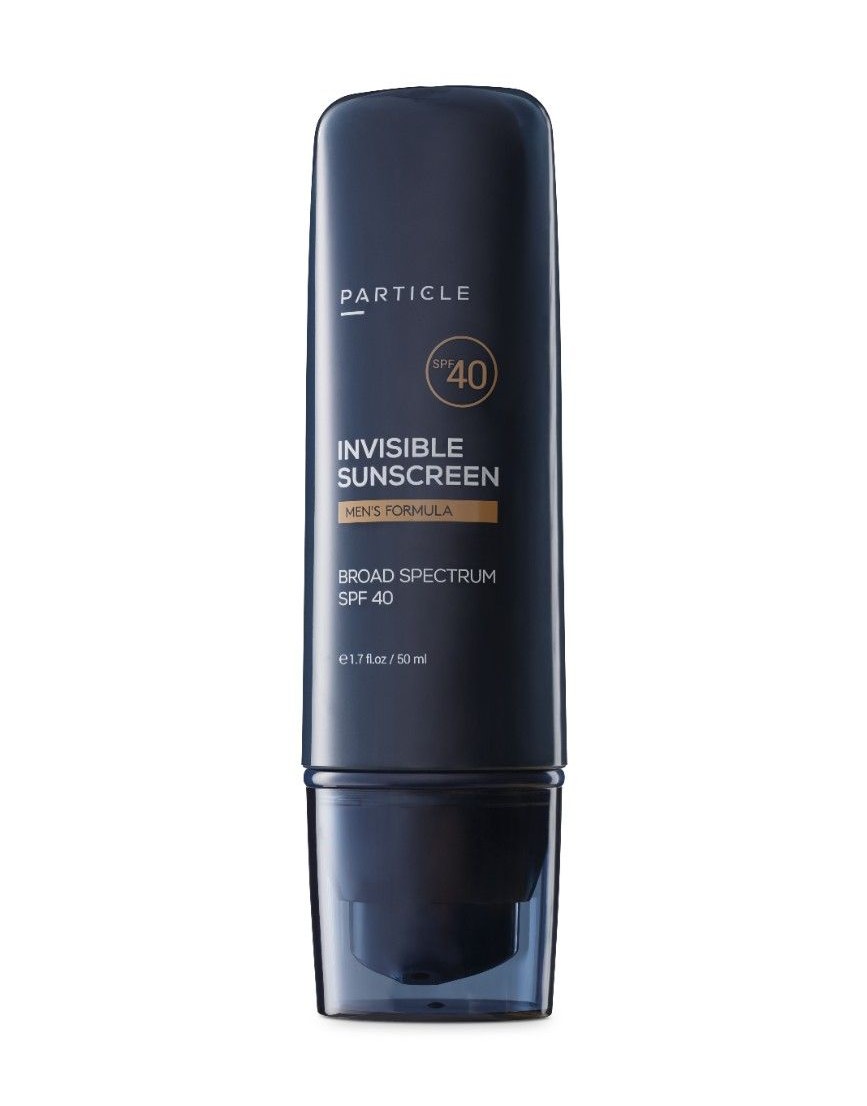
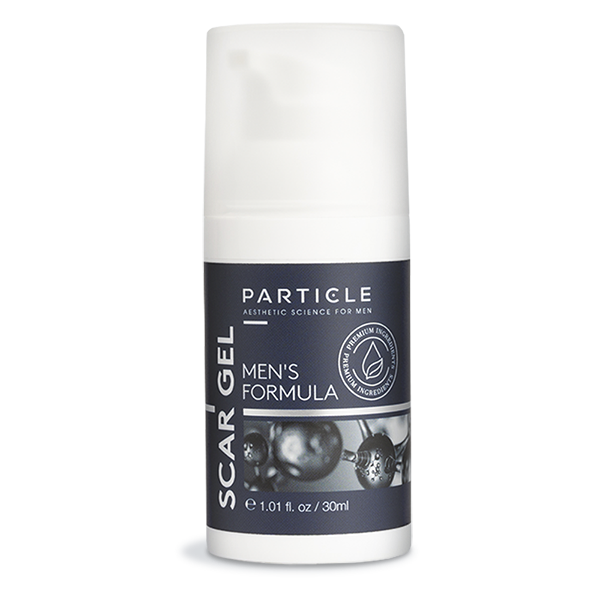
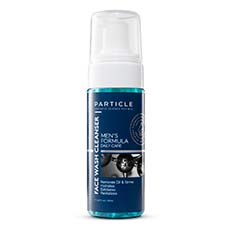
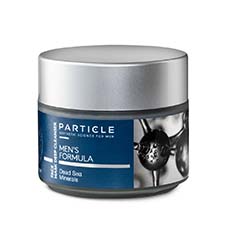
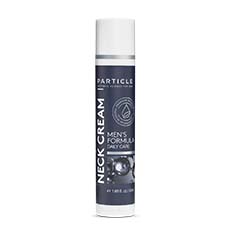
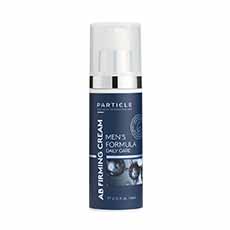
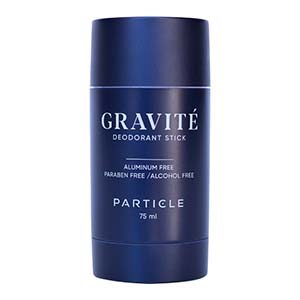
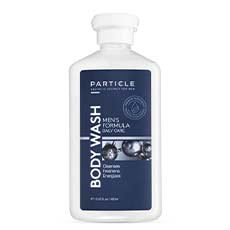
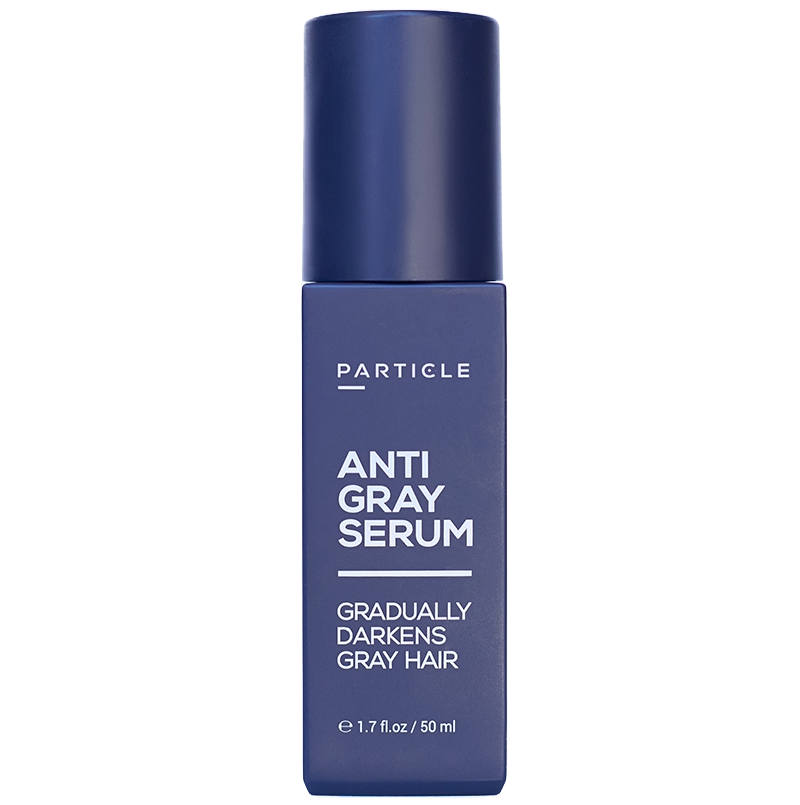
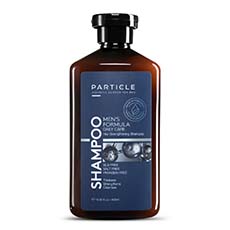
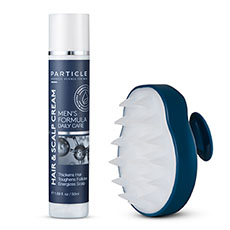
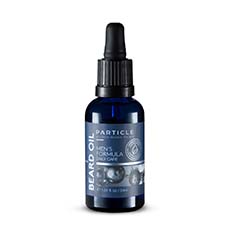
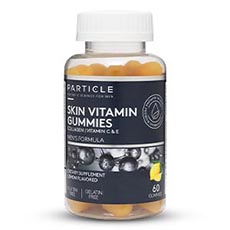
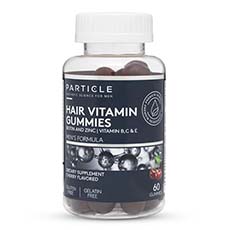
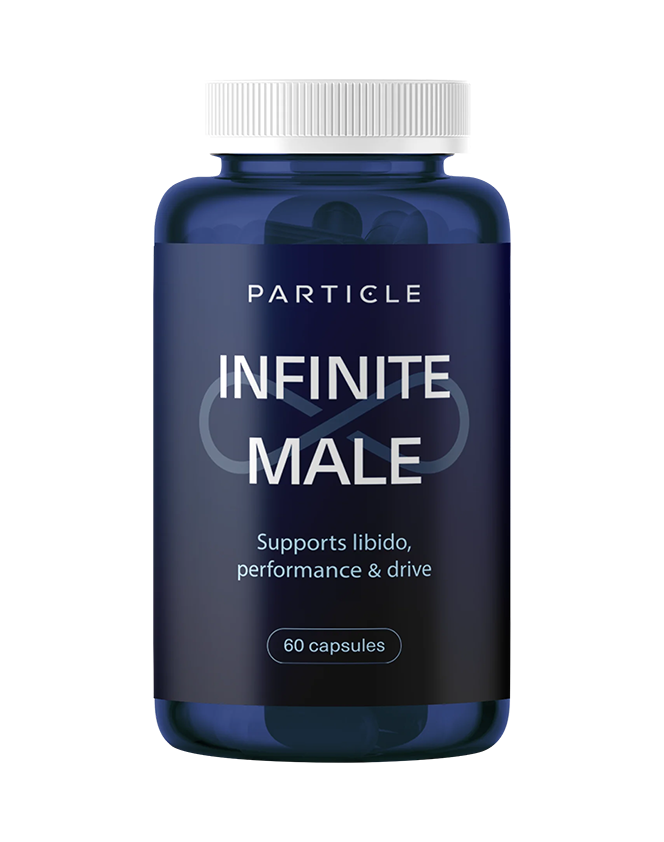
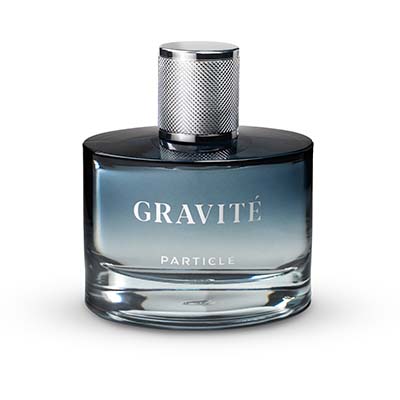

 en
en














